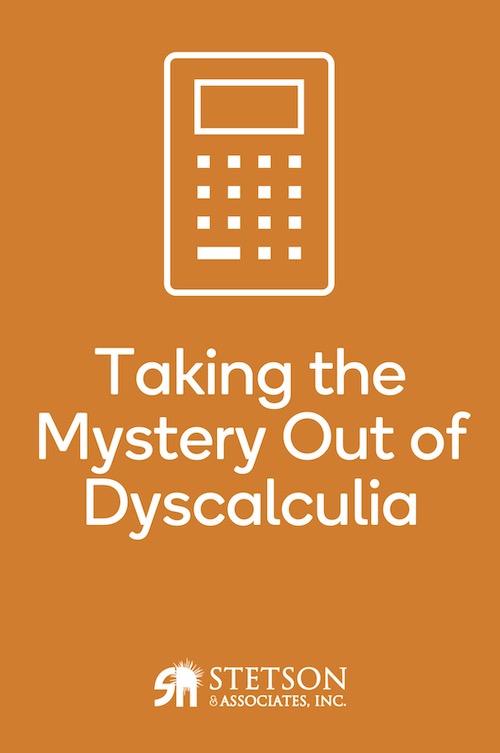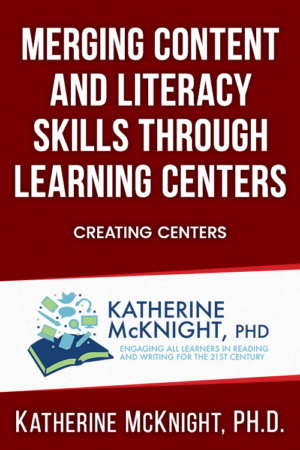Description
ABOUT THIS COURSE
While some research estimates that between 5-7% of students are affected by dyscalculia, others believe it is as common as dyslexia. Like dyslexia, dyscalculia is not linked to low intelligence, and it is a condition that is not outgrown. Dyscalculia identifies students who have ‘unexpected’ difficulties learning mathematics that cannot be predicted by the child’s age, other academic and cognitive abilities, exposure to instruction, or sociocultural opportunities. This course will report research-based strategies that have been effective with students who struggle with any of four topics of math instruction, including: Issues of Anxiety and Engagement; Number Sense; Computation; and, Problem Solving.
COMPONENTS
- Component One: Student Anxiety and Lack of Engagement
- Component Two: Number Sense
- Component Three: Computation
- Component Four: Problem Solving
AUDIENCE
Teachers, Paraeducators, Curriculum Specialists






Reviews
There are no reviews yet.